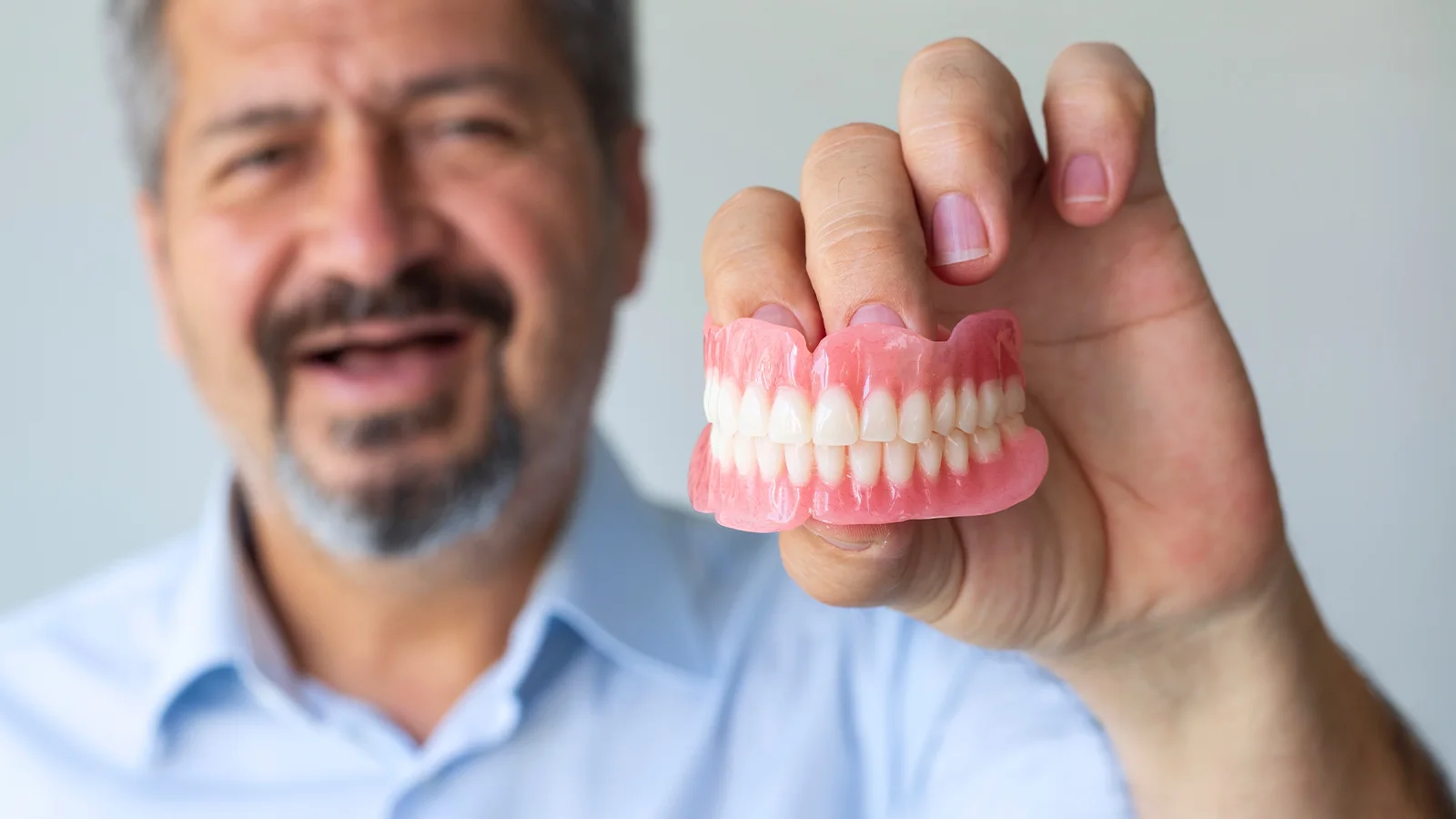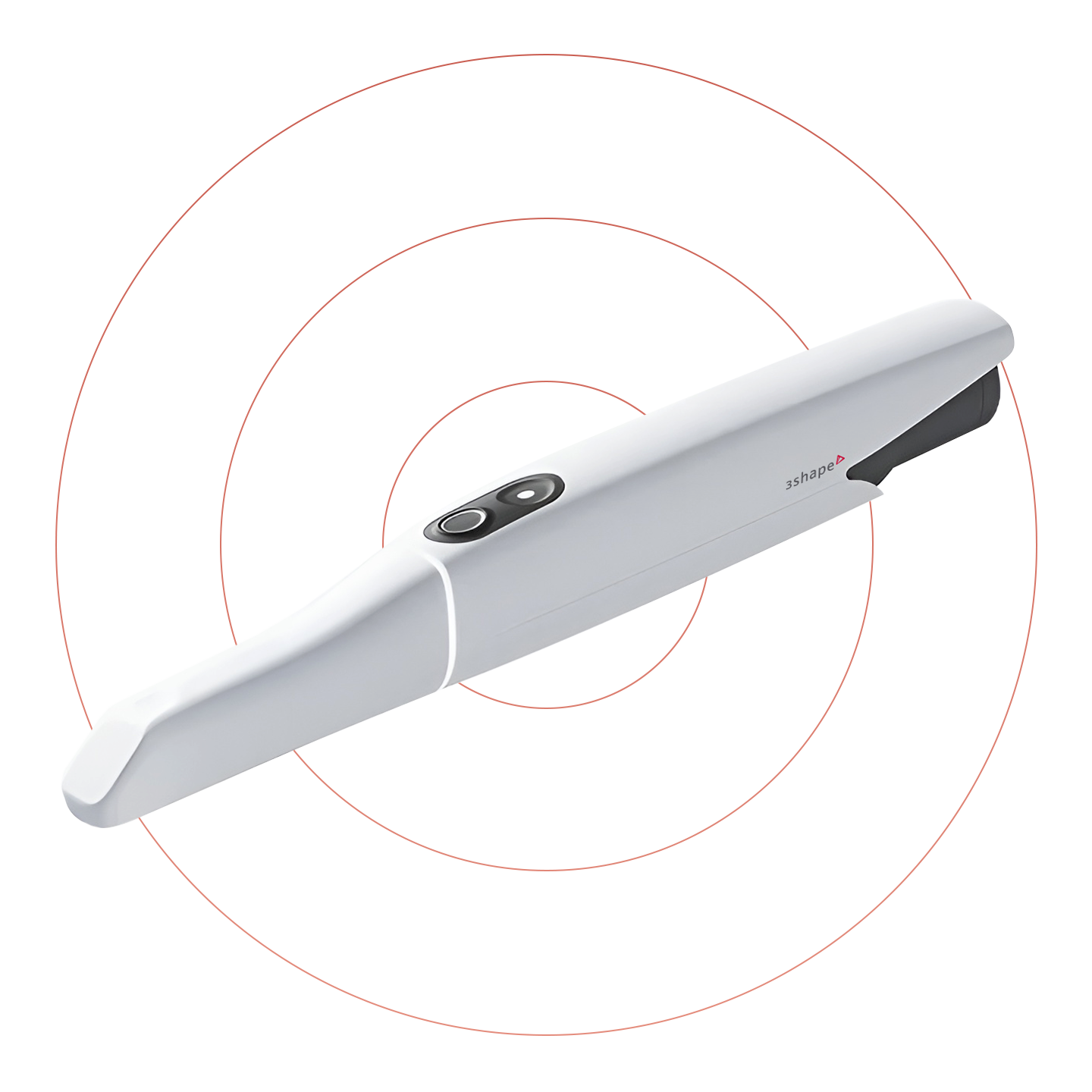Digital Dentures vs. Traditional Dentures: Why Dental Technology is Transforming Smiles
Advances in dental technology have forever changed how we approach restorative solutions, especially the creation of dentures. For years, traditional dentures were the go-to option for patients in need of full dental restoration. However, digital dentures are rapidly gaining popularity due to their high precision, durability, and efficiency. Whether you're a dentist seeking innovative solutions or a patient searching for the best restorative care, understanding the differences between traditional and digital dentures is key to making the right choice.
What Are Traditional Dentures?
Traditional dentures are crafted using a process that has been refined over centuries. These dentures are typically made from an acrylic base paired with acrylic or porcelain teeth. The procedure involves multiple visits to the dentist, starting with impressions of the patient's gums. These impressions are converted into stone models that provide the foundation for creating custom dentures. Adapting these materials to a perfect fit often requires several fittings, adjustments, and even remakes.
While traditional dentures have helped millions regain their smiles, they come with some challenges. The multi-step process is lengthy, requiring numerous appointments over several weeks. Precision can vary, and minor imperfections in initial fittings may lead to discomfort, poor adhesion, or ongoing adjustments. Additionally, since traditional dentures are not digitally stored, replacements necessitate starting the process from scratch.
Enter Digital Dentures
Digital dentures, on the other hand, are a game changer in modern dentistry. Powered by advanced CAD/CAM (Computer-Aided Design and Computer-Aided Manufacturing) technology, these dentures are designed and fabricated digitally. By scanning a patient’s oral cavity, dental professionals can create a 3D model that serves as a precise blueprint for the dentures. This eliminates many steps of the traditional process and improves both efficiency and accuracy.
Digital dentures, however, are milled from pre-polymerized, high-density PMMA discs, resulting in a finished product that is stronger and more durable.
Key Advantages of Digital Dentures
1. Fewer Appointments
One of the standout benefits of digital dentures is their streamlined process. While traditional dentures may require up to 5-7 visits, digital dentures often require just two appointments. During the first visit, the dentist takes an intraoral scan of the patient's gums. The second appointment is typically reserved for the final fitting of the completed dentures. This shorter timeline is especially beneficial for patients who live far from their dental practice or have busy schedules.
2. Exceptional Fit and Comfort
Digital dentures use cutting-edge scanning technology to map a patient’s oral cavity with unparalleled precision. The result is a prosthetic that fits perfectly right from the start, reducing the need for adjustments. Unlike traditional dentures, which may require a post palatal seal to improve adhesion, digital dentures are designed to fit securely without additional modifications.
Additionally, digital technology can replicate the natural alignment of teeth and jaw, ensuring that the denture provides optimal comfort. For patients with sensitive gums or gag reflexes, the reduced need for physical molds makes the process far more pleasant.
3. Durability and Longevity
Traditional dentures, often made from acrylic, are susceptible to wear and tear over time. Daily use can lead to cracks or distortion, requiring periodic repairs. Digital dentures, however, are milled from pre-shrunk, high-quality resin or PMMA (polymethyl methacrylate), resulting in a finished product that is stronger and longer-lasting. Some materials even improve in strength when exposed to the heat and moisture of the oral cavity.
Additionally, because the design files are stored digitally, replacing or reprinting a damaged denture is quick and hassle-free.
4. Consistency and Accuracy
Human error is always a possibility when creating traditional dentures due to their manual process. Digital dentures eliminate much of this uncertainty. The use of CAD software ensures that the design is consistent and accurate every time. For dental practices, this means improved patient outcomes and fewer callbacks for adjustments.
5. Record Preservation
Digital denture files are securely saved, enabling easy access for future modifications or replacements. This is a significant advantage for patients, as traditional dentures lack this capability. If a digital denture is lost or damaged, the dentist can simply reprint or mill a new set using the existing digital file.
The Traditional Process in Context
To fully appreciate the advantages of digital dentures, it’s important to understand the traditional approach. Traditional denture fabrication involves the following steps:
- Impressions and Molds: The patient’s gums are measured, and impressions are taken. These molds are shipped to a lab for further processing.
- Wax Try-In: A wax model is created to check fit, bite alignment, and aesthetics before final production.
- Adjustments: The dentures are tweaked over several visits to ensure they fit properly.
- Final Placement: The completed dentures are finally installed.
While effective, this process is time-consuming and can feel inconvenient for many patients.
Why Digital Dentures Are the Future of Dentistry
Digital dentures don’t just offer benefits; they represent a paradigm shift in how dental restorations are perceived and provided. With technological advancements, dentists can offer faster, more convenient, and more accurate solutions without compromising on quality. The combination of comfort, customization, and durability makes digital dentures a superior option for the vast majority of patients.
From a practice management perspective, digital workflow creates opportunities for efficiency and growth. Dentists can save chair time, take on more cases, and ultimately improve patient satisfaction. Patients, in turn, benefit from a smoother, shorter process that delivers reliable results.
Is It Time to Make the Switch?
Choosing the right dentures is a highly personal decision, and both traditional and digital methods have their place in dentistry. However, as dental technology continues to advance, digital dentures are becoming the preferred option for modern practices. They not only save time and resources but also deliver a higher level of care.
If you're considering dentures or are looking to upgrade, digital dentures offer comfort, durability, and convenience like never before. Reach out to your local dentist to explore what digital technology can do for your smile.
Final Thoughts
Digital dentistry has revolutionized the way dentures are created, ushering in an era of precision and efficiency. From fewer appointments to superior fit and durability, digital dentures offer a host of advantages over their traditional counterparts. For dentists and patients alike, this is an exciting step forward in the pursuit of better oral health.
Elevate Your Practice with Digital Denture Solutions
Partner with our dental laboratory to streamline workflows and ensure precise, durable digital dentures for your patients. With advanced technology and quick turnaround times, we help you provide consistent, efficient results every time. Contact us to transform your denture cases.


